How can immigrants and refugees adjust to new communities? Medical interpreters play a key role
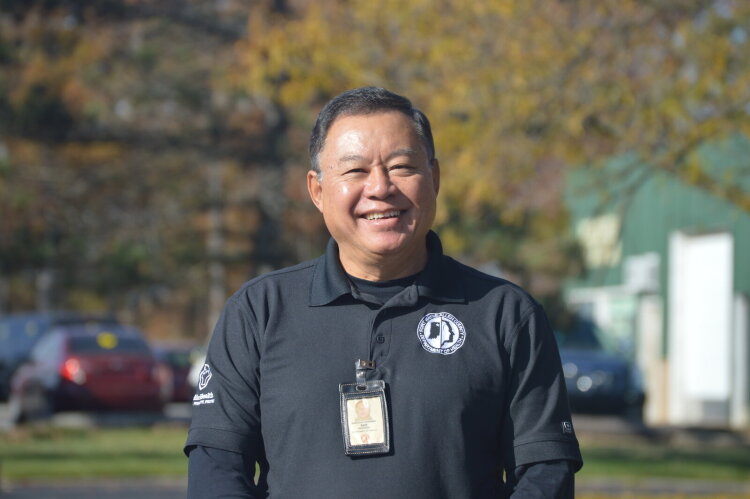
Story originally published on Inputfortwayne.com
In Burma, Saw Ridgeway served his community through his private dental practice. But that was 25 years ago—before the fear of political unrest and war sent him, his wife, and two children scurrying for safety.
They first landed in Micronesia (a country spread across the western Pacific Ocean) then journeyed to the U.S. in 2006 to Fort Wayne, where Ridgeway petitioned for political asylum. But he couldn’t practice dentistry here. The culture and language were much different than in his native land. So like many other foreign-born residents, Ridgeway had to adjust to a new culture and rebuild.
Fast-forward to October 2019, and he is sitting outdoors, at a table set up beside a mobile medical unit.
As a Fort Wayne resident, Ridgeway has found a new way to serve people as one of two medical interpreters working for the Allen County Department of Health. The department organized this particular makeshift clinic to offer flu shots and screening for tuberculosis and diabetes, among other services, at an apartment complex where most residents are Burmese refugees. Workers and volunteers for Catholic Charities, IU Health, and the Bowen Center are also on-hand to help.
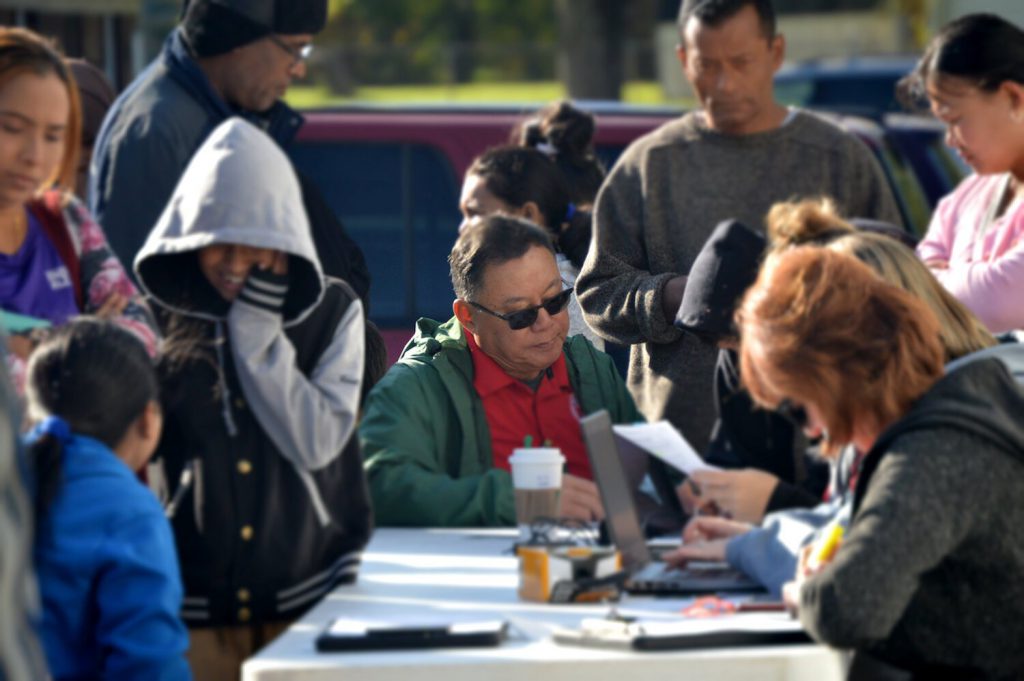
Seniors and mothers with children in tow form a long line leading to Ridgeway. He is the first stop because he’s the one who understands them. He asks the questions on medical documents in Burmese or another language called Karen. He then records their responses, so medical professionals can process patients’ needs.
“As you can imagine, someone who comes to a new country, they have a lot of hard times,” Ridgeway says. “The interpreter is helping them as a bridge.”
Along with providing refugees with a sense of comfort, his work as an interpreter plays an important role in Allen County’s healthcare system. Without Ridgeway and other trained medical interpreters throughout the county, healthcare services for the Burmese and other non-English-speaking residents would be flawed, at best, says Allen County Health Commissioner Dr. Deborah McMahan.
Patients and healthcare professionals must be able to communicate for accurate diagnoses, treatment, preventive care, and to get informed consent for medical procedures.
“We need the interpreters to see if residents need the health services,” McMahan explains.
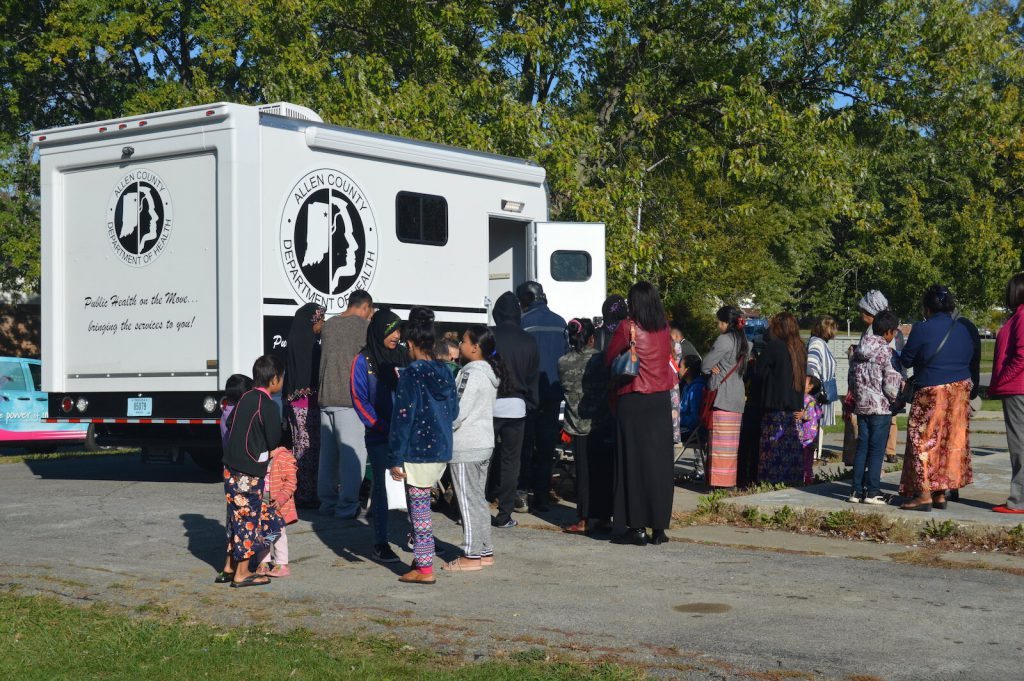
The St. Joseph Community Health Foundation is at the forefront of ensuring that those needs are met by offering funding, training, and scholarships to a variety of local nonprofits to boost the number of qualified medical interpreters in the region. From 2010 to 2013, the Foundation operated an innovative video- and telephone-based medical interpretation and healthcare navigation service for limited English-speaking Burmese people.
Today, the Foundation continues a variety of supportive efforts, such as financially supporting two interpreter positions at the health department, including Ridgeway’s. It also partners with the Language Services Network (LSN), which provides interpretation and translation services for local nonprofits and private agencies.
Interpreters are necessities in Allen County’s healthcare landscape. About 34,700, or 10 percent, of residents speak languages other than English in the home, according to the Vulnerable Populations Study, which the St. Joe Foundation commissioned and released in 2018. Nearly half of these residents reported speaking English less than “very well.”
Seeing the need for more interpreters, the St. Joe Foundation first began supporting training programs in proven, national best practices for interpreters in 2008. Most recently, in the past five years, the foundation has supported training for more than 110 medical interpreters who speak more than 18 different languages through a nationally-recognized program called “Bridging the Gap.”
Raquel A. Kline, LSN Director, says it’s not uncommon for non-English-speaking parents to rely on children who learned English in school to interpret for them. But that’s a bad idea.
Kids generally don’t have the vocabulary or understanding to describe diagnoses, body parts, and necessary follow-up procedures.
Kline recalled one instance where a young girl was sick from a urinary tract infection. The mother relied on the girl’s sibling to interpret the doctor’s orders. Much was lost in the interpretation, and the family didn’t do everything required. The girl became very ill and eventually needed a surgery that could have been avoided.
This time, the hospital contacted LSN to send over an interpreter.
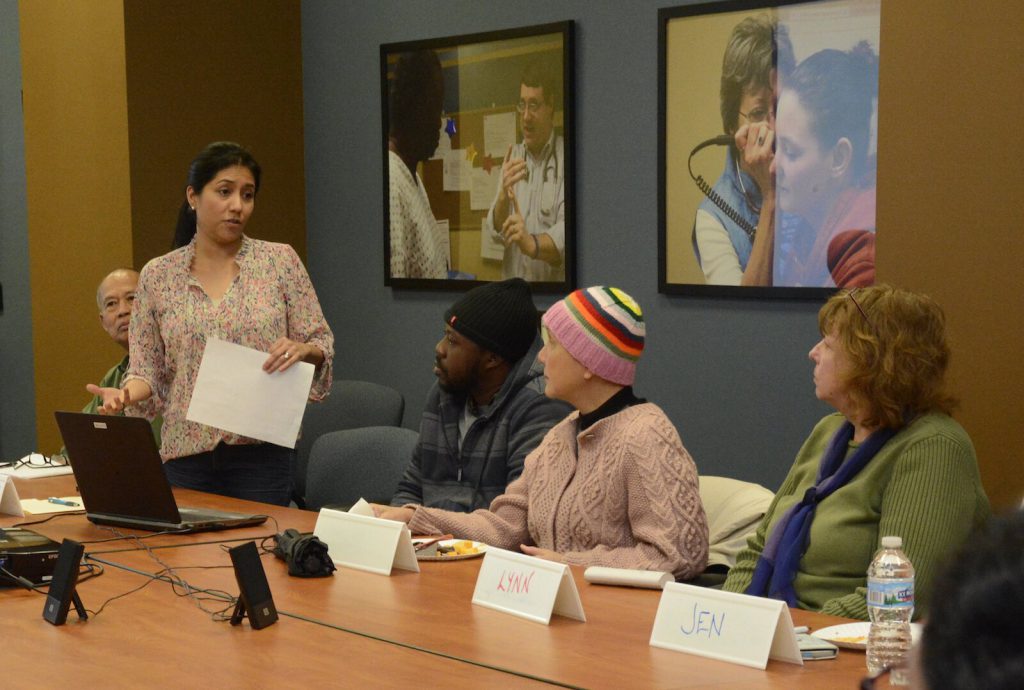
LSN currently has 55 professional medical interpreters. The top languages requested include Burmese, Karen and Chin (both also spoken in Burma), Spanish, and Arabic, Kline says. The agency assists at annual health fairs and helps local organizations and clinics communicate with non-English-speaking clients. Because of funding from the St. Joe Foundation, the agency provides some interpreter services at no cost to nonprofits that qualify.
“I feel that we are making a difference in improving access in so many different areas,” says Kline, who was born in Nicaragua.
Back at the health department’s outreach event, Dr. McMahan is explaining an uptick in tuberculosis, so screening at the mobile unit is vital. Over two days, workers would travel to four apartment communities and serve 110 clients.
For Ridgeway and other interpreters, the work goes far beyond mobile units and screenings. Most new refugees don’t drive, Ridgeway says, so he arranges transportation to doctor appointments and hospitals. He calls to remind them of upcoming appointments. He administers mental health assessment tests and forwards the results to professionals who determine the next steps. He encourages them to learn English and drives some to educational programs.
Ridgeway says he doesn’t mind the work because he’s giving back to his community. When he first arrived in Fort Wayne, he got a job working in the home healthcare industry, but still volunteered as an interpreter on nights and weekends.
“I feel really happy to work and help somebody,” he says.
The job can be emotional at times, too. Some refugees get depressed, trying to adjust to life in the U.S. They can get help through the health department’s partnership with Bowen Center. Interpreters can play a key role in these cases, as well, because clients may feel closer to someone who understands their language and culture than someone who does not.
Ridgeway recalls one refugee who needed a prosthetic after losing his leg during a landmine explosion in Burma. In the U.S., he couldn’t work, and there was tension in his relationship with his wife and kids. He became suicidal, Ridgeway says.
“He felt ashamed,” he explains.
A Bowen Center therapist worked with the refugee, and Ridgeway stayed in contact with him because he understood the client. After getting the prosthetic he needed, the man found a job.
“He became self-confident,” Ridgeway says. “It was a pleasure to me to see the changes.”
Recent Stories
- Merry Christmas from the St. Joseph Community Health Foundation!
- St. Joe Foundation awards $2,652,998 to local agencies serving vulnerable individuals in Allen County, IN
- Prenatal & Infant Care Luncheon: a year of connection and learning
- Nourishing bodies and spirits: the impact of the Society of St. Vincent de Paul food and nutrition program
- Supporting sustainability in local food networks to improve access to nutritious food
